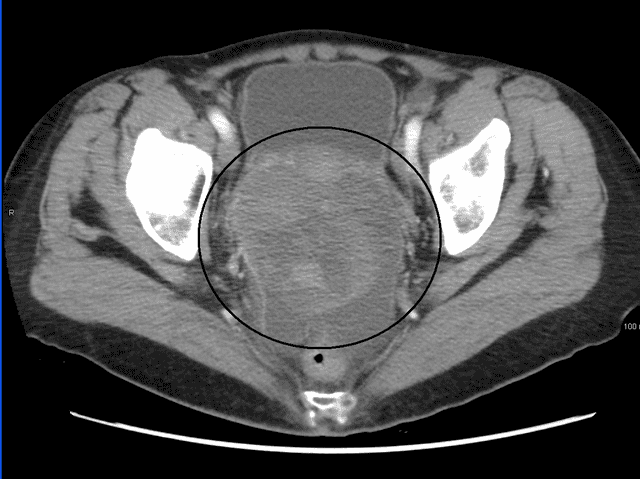
Merck and Pfizer kick off Phase III avelumab cancer trials
pharmafile | December 23, 2015 | News story | Research and Development | Merck, Pfizer, avelumab, ovarian cancer
Merck and Pfizer have announced the opening of trial sites for an international Phase III study of avelumab in patients with ovarian cancer.
The JAVELIN Ovarian 200 trial is the first Phase III study of the fully human anti-PD-L1 IgG1 monoclonal antibody, and will investigate it as a treatment for platinum-resistant/refractory ovarian cancer. It will evaluate whether avelumab, when used as a monotherapy or in combination with pegylated liposomal doxorubicin (PLD), is better than PLD alone, in treating patients with platinum-resistant/refractory ovarian cancer. The trial will recruit around 550 patients worldwide, with overall survival (OS) as its primary endpoint.
“There are limited treatment options for women with ovarian cancer, and the prognosis for women with platinum-resistant ovarian cancer is especially poor,” says Chris Boshoff, vice president and head of early development, translational and immuno-oncology at Pfizer oncology. “We have observed encouraging signs of early clinical activity of avelumab in patients with platinum-resistant or platinum-refractory ovarian cancer, and we hope to build on these results next year through a planned Phase III study of avelumab in combination with platinum therapy in patients with previously-untreated ovarian cancer.”
The Merck/Pfizer alliance also announced that the FDA has given approval for it to move forward with a Phase III study of avelumab as a maintenance treatment, in the first-line setting, in patients with locally advanced or metastatic urothelial cancer. The first trial sites are expected to open shortly. The alliance is also investigating the drug’s potential in non-small cell lung cancer.
The companies have also initiated a Phase III study (JAVELIN Bladder 100) investigating avelumab as a maintenance treatment, in the first-line setting, in patients with locally advanced or metastatic urothelial cancer. This is currently the only Phase III trial designed to evaluate an immunotherapy agent as a maintenance treatment, in the first-line setting, in patients with urothelial cancer.
This Phase III study will evaluate the safety and efficacy of avelumab plus best supportive care (BSC), compared with BSC alone, in patients with unresectable locally advanced or metastatic urothelial cancer whose disease did not progress on completion of first-line treatment with a platinum-containing chemotherapy. JAVELIN Bladder 100 is expected to enrol 668 patients in 38 countries. Overall survival will again be the primary endpoint.
“Locally advanced or metastatic urothelial cancer is another aggressive cancer, with the disease often progressing quickly following first-line treatment,” says Dr Alise Reicin, head of global clinical development at Merck’s biopharma business. “It’s an exciting time for the Merck-Pfizer Alliance as we continue to accelerate our clinical development program, and now into urothelial cancer. This disease has an exceptionally high unmet need and we believe there is potential for our anti-PD-L1 antibody to be part of future treatment strategies.”
Joel Levy
Related Content

Merck shares data from phase 3 trial of Keytruda for gastric cancers
Merck, known as MSD outside of the US and Canada, has announced data from the …

Pfizer’s Beqvez approved by FDA for haemophilia B treatment
Pfizer has announced that the US Food and Drug Administration (FDA) has approved Beqvez (fidanacogene …

EC approves Pfizer’s Emblaveo for multidrug-resistant infection treatment
Pfizer has announced that the European Commission (EC) has granted marketing authorisation for Emblaveo (aztreonam-avibactam) …







